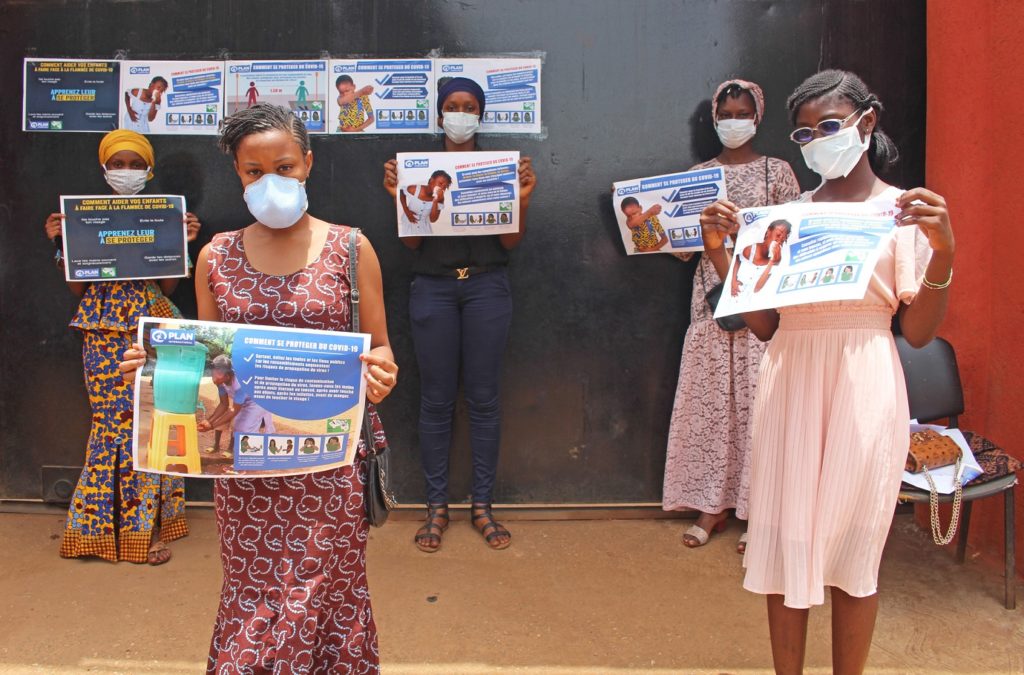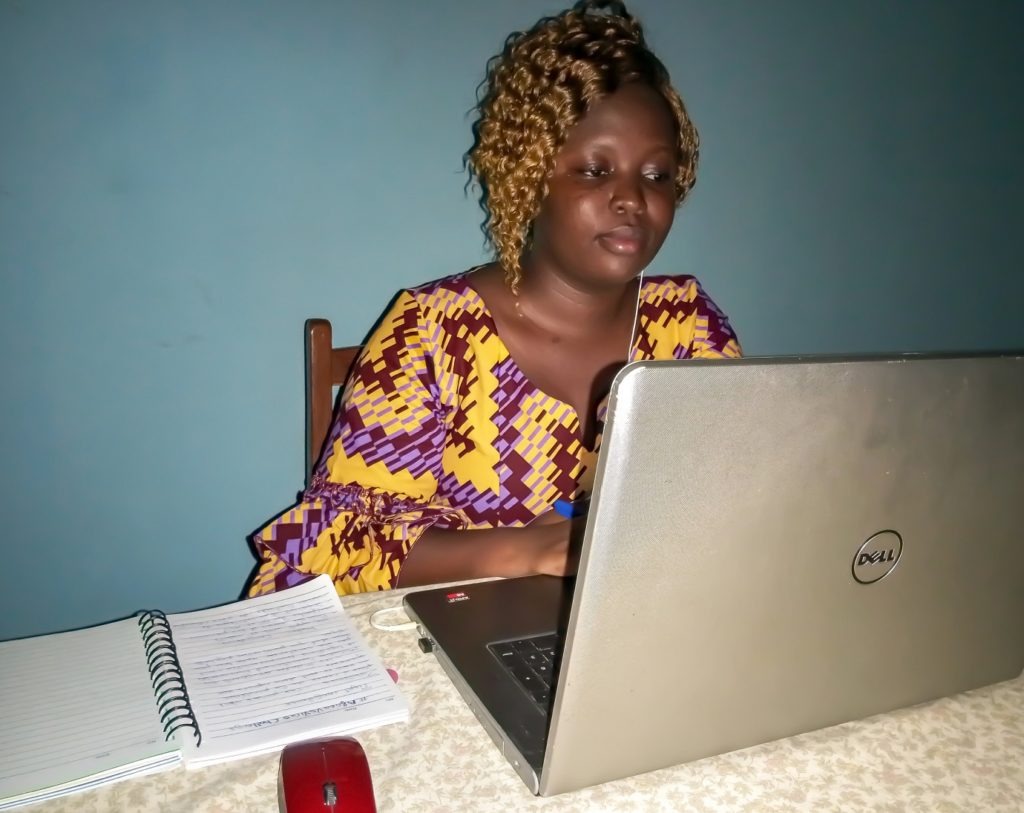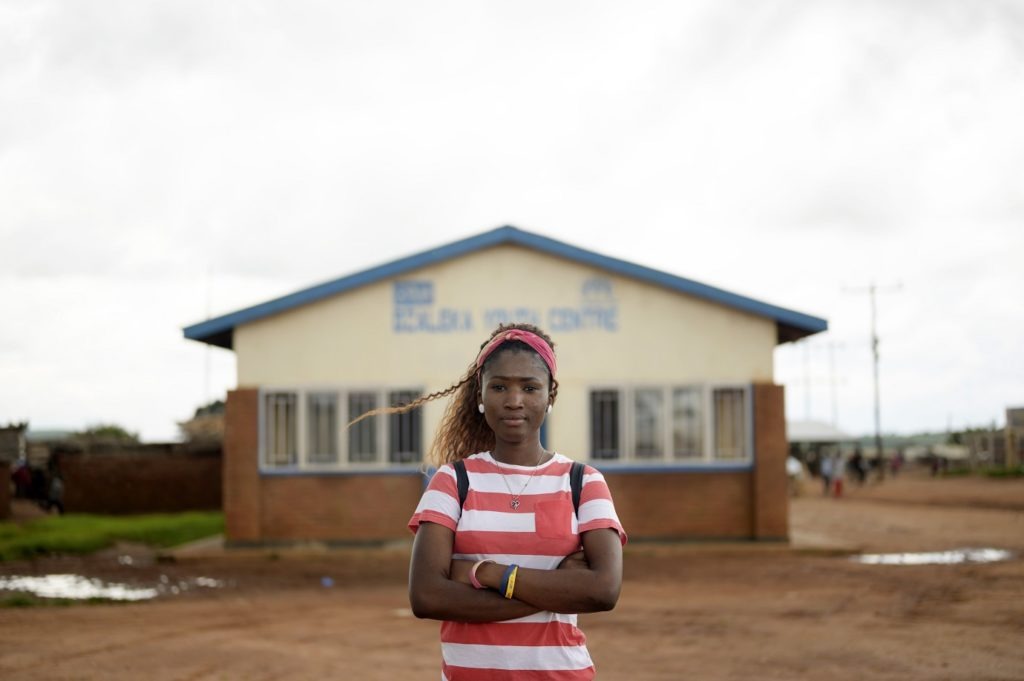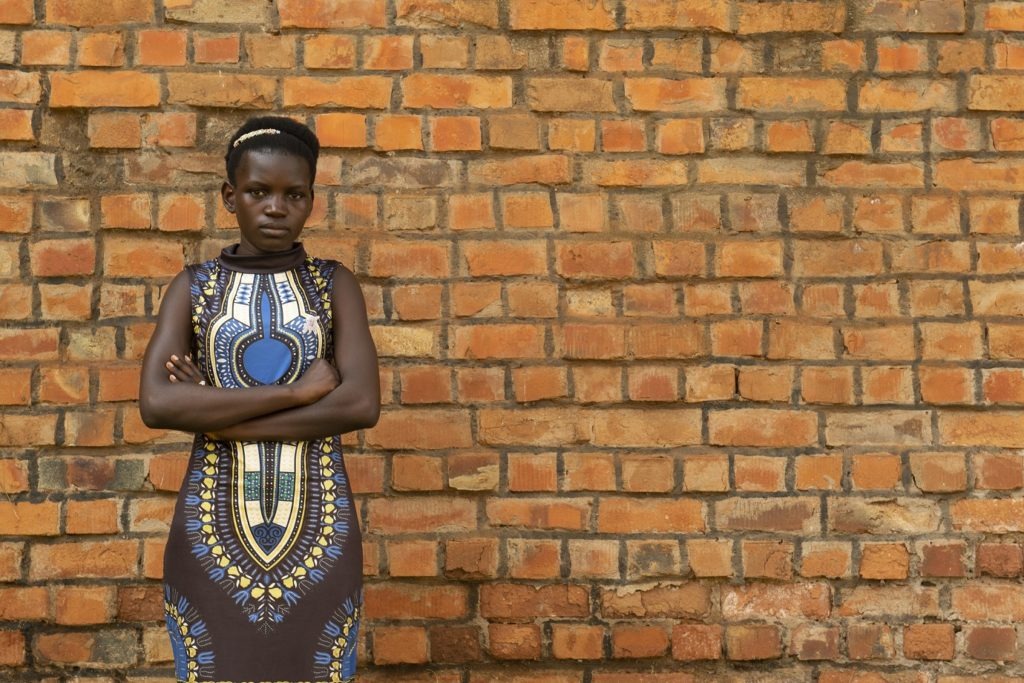As the COVID-19 pandemic begins to spread in the developing world, progress to girls’ equality is stalling and, in some cases, it’s being irrevocably damaged.
With school closures and strict lockdowns imposed, many girls are missing out on education and their personal safety is becoming increasingly compromised with gender-based violence on the rise.
But against the odds, there are countless communities of girls and young women who are working tirelessly to create change for the better during the pandemic.
In many cases, they are using their voices and technology to create awareness about the health impacts of COVID-19 and educating their communities on how best to curb the spread. They are also looking out for each other and doing their best to keep one another safe, away from the threat of violence and child marriages.
Thanks to our partner Plan International Australia, we’re sharing some key examples of girls who are proactively working for change.
Fanta is spreading awareness about COVID-19 in Guinea
In the West African nation of Guinea, Fanta is a member of the Guinea Girl Leaders Club. These girls are working tirelessly to inform people in their community about the dangers of COVID-19 and how they can best curb the spread.
“We are a nationwide youth association that is resolutely committed to fight this virus, no contribution is too much in the battle against this pandemic,” Fanta says.

Fanta and other members of the club are distributing hygiene kits and sharing health information about COVID-19.
They have created a dedicated social media page to share awareness videos and relay messages from medical experts. The group is also mobilising girls to share these messages on their own social media channels.
And while the girls are focused on COVID-19, they are also hyper-aware of the heightened dangers women and girls face in lockdown. Preventing child marriages and gender-based violence are at the top of the agenda for the group.
“We have informed all our branches throughout the country, not to lower their guard. Malicious people can take advantage of this period of confinement to abuse girls,” Fanta says. “They will think that no one is watching them because the news is all about coronavirus.”
Fanta says the club recently stopped a child marriage after being alerted by watch teams. The marriage had been due to take place within 24 hours of their action.
“Sometimes we are criticised and even insulted, but this does not discourage us, because there are more people who encourage us than those who are against us and we are confident that they will all eventually understand the meaning of our struggle.”
Madjidath developed Confidence, an app to help young people manage STIs
In Benin, Madjidath is helping to develop digital solutions that help young people in her community manage sexually transmitted infections. It’s a problem that’s been exacerbated by the pandemic, with most sexual and reproductive health services closed due to lockdown.
Along with her team, Madjidath took part in the #AfricaVsVirus challenge, a 72-hour digital collaborative process that works to create solution to address some of the most pressing challenges posed by the pandemic.

Madjidath chose to design a web and mobile application called Confidence, that would help young people deal with sexually transmitted infections in lockdown.
The app provides people suffering from infections with access to a directory of services and health workers, with doctors, psychologists, gynaecologists, and specialists, as well as their contact details.
There’s a hotline and a chatbox that can answer questions instantly, while users also receive weekly notifications with tips on looking after their sexual and reproductive health, how to deal with stress and ideas for developing good behaviours.
“The platform offers a comprehensive sexual and reproductive education sessions through interactive content, including quizzes and games,” Madjidath says.
“Confidence makes it possible for our clients to make online orders of medical and preventive items such as contraception and coronavirus test kits and have them delivered to your home.”
Gradi is excelling in her education & empowering girls in her community
19-year-old Gradi lives in the Dzaleka refugee camp in Malawi, where she’s been for 12 years with her father and younger brother. The family left their home in the Democratic Republic of the Congo due to conflict and violence. Together, they’ve faced many challenges, including having little access to food, water and shelter.
Gradi is extraordinary. Despite dealing the most severe adversity, she’s managed to excel in her education. She speaks five languages and is studying for her diploma online. Amid the COVID-19 pandemic, she’s more determined that ever to empower girls in her community.

Her activism has been inspired by her membership in the Girls Get Equal club set up by Plan International and she’s encouraged by her father, who is a strong role model for her.
“We are really fighting about freedom online and offline, equal power for all and representation, just to make girls feel empowered and give us hope,” she says.
“When we go into our community, we are able to mobilise other girls. We are really able to speak out, to stand in our community and tell people what we have.”
One day, Gradi hopes to leave the camp in Malawi and create a better life for herself and her family.
We’ve produced this content in partnership with Plan International Australia, as part of the Girls & COVID Hub. You can donate to Plan’s appeal to support girls internationally, here.


